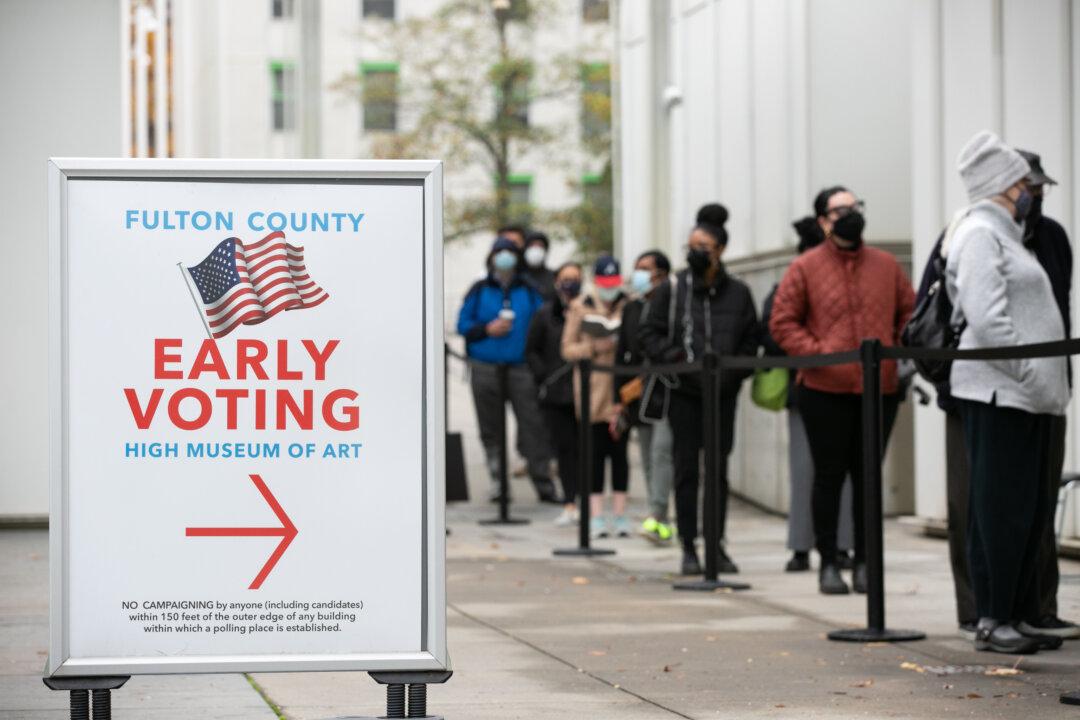Republicans in Georgia enacted a set of election changes last month that has become the target of criticism by Democrats, the White House, large corporations, and Major League Baseball.
Most of the criticisms center on the new law purportedly making it harder to vote, which allegedly amounts to voter suppression. President Joe Biden called the law “sick” for forcing polls to close at 5 p.m., a claim that even the fact-checkers at the left-wing Washington Post deemed “false.”





